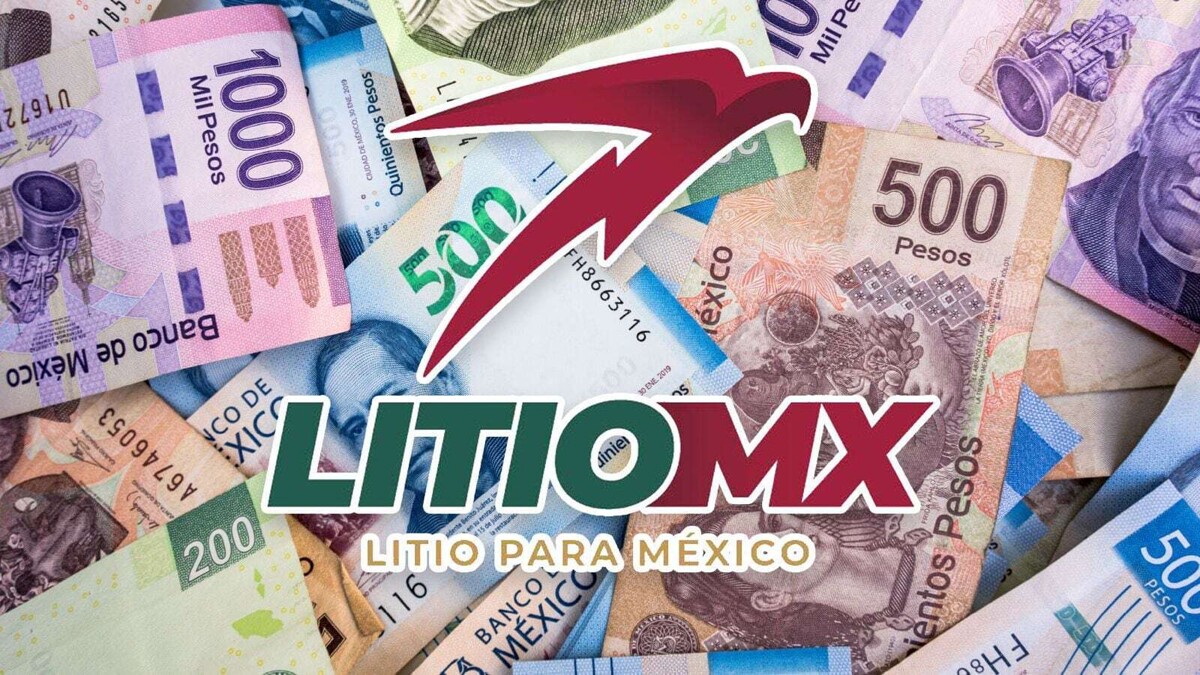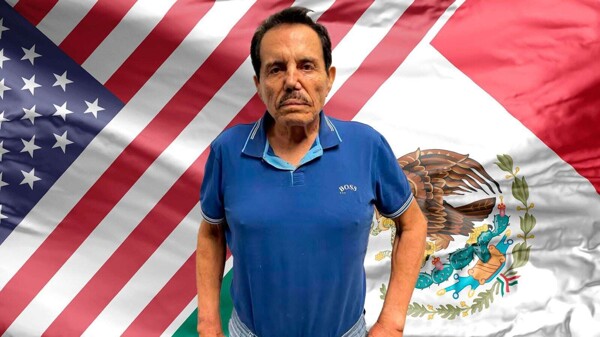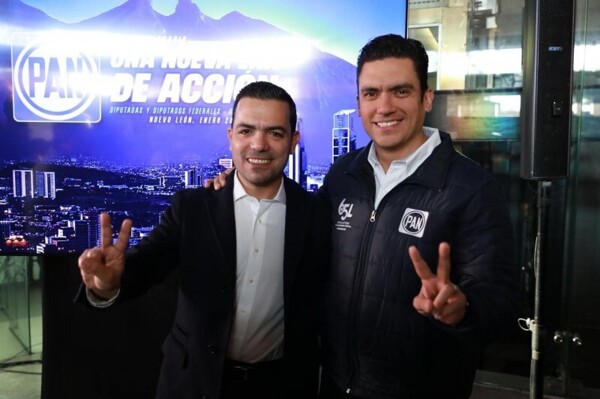
The reform regarding mining in Mexico is generating concern among industry experts. Rubén del Pozo Mendoza, president of the Mexican Association of Mining Engineers, Metallurgists, and Geologists (AIMMGM), highlighted the importance of carefully analyzing the consequences of this reform.
Among the concerns raised is the need to allow open-pit mining, which is crucial for obtaining the minerals required in the energy transition process. Despite the publication of the organic statute of Lithium for Mexico (LitioMx) nearly three years ago, the state-owned company has consumed 22.7 million pesos without presenting a visible exploration or investment plan.
The budget allocated to LitioMx for the year 2025 has significantly increased compared to previous years, but it is mainly intended for paying administrative bureaucracy. The challenges for lithium extraction in Mexico are evident, as the mineral is mostly found in clay, complicating the exploration and extraction process.
The president of the College of Mining Engineers, Metallurgists, and Geologists of Mexico (CIMMGM), Raúl García Reimbert, mentioned that private companies have already made significant advancements in lithium extraction, with multimillion-dollar investments. In contrast, the state-owned company LitioMx is far from achieving mineral extraction.
Bacanora Lithium, along with its partner Ganfeng Lithium, has invested a considerable amount in its lithium mine in Sonora, greatly exceeding the budget allocated to LitioMx. Despite efforts to collaborate with entities such as the Federal Electricity Commission (CFE) and the National Institute of Electricity and Clean Energies (INEEL) in the search for geothermal areas with lithium, it is recognized that the extraction process is costly and will be a long-term project.
The production of lithium batteries in Mexico poses challenges, as the country could take up to 20 years to develop the lithium value chain. Therefore, the batteries to be used in the electric car Olinia will be imported. The College of Mining Engineers estimates that significant investment would be needed to achieve lithium battery production in the country, raising questions about autonomy in this area for Mexico.
Additionally, the possible prohibition of open-pit mining represents another challenge, as this is the primary method of extracting lithium. Experts emphasize the importance of carefully considering the steps to be taken, given the significance of these minerals in the context of the energy transition in the country.














